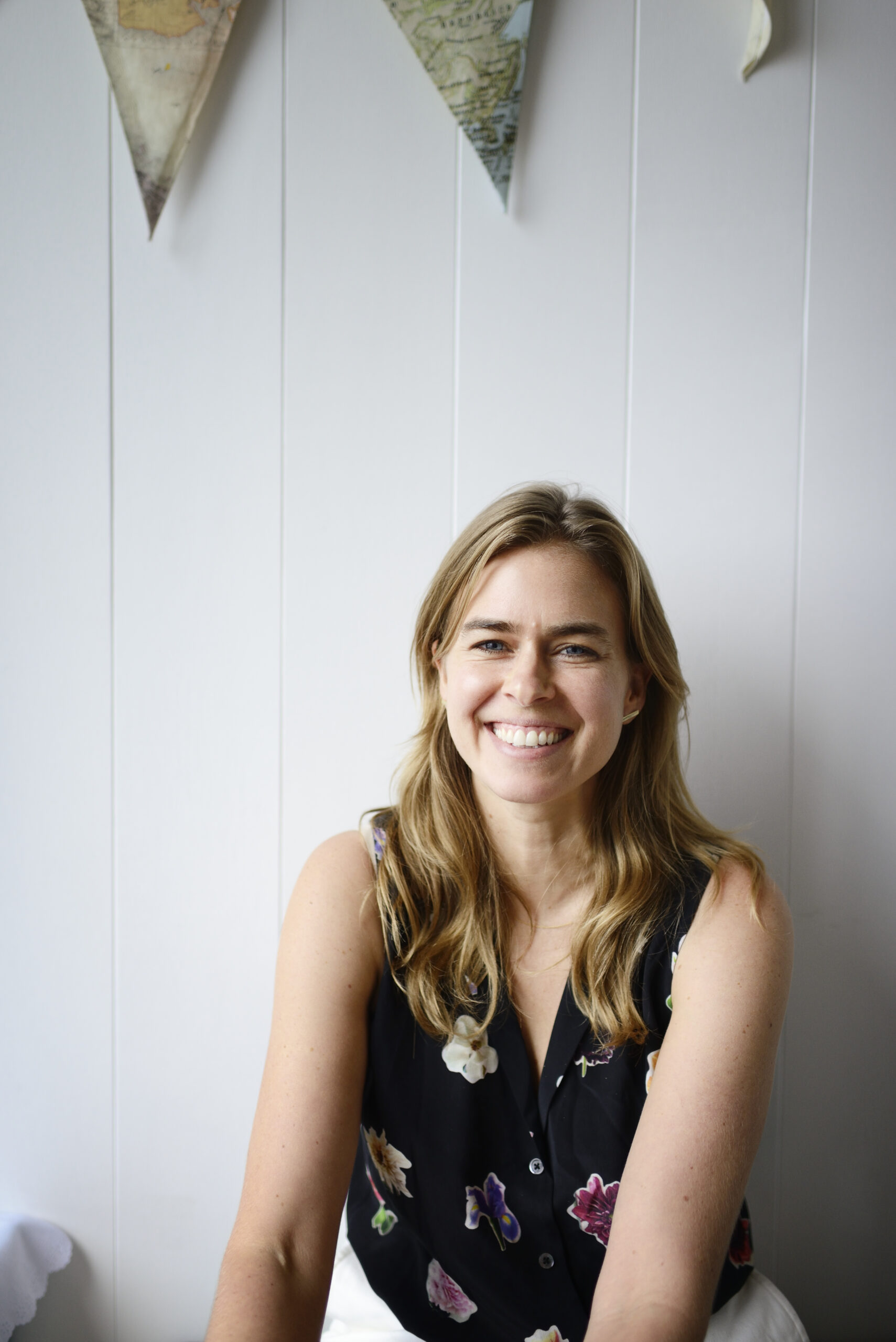Silvia Spring speaks to managing editor Emily Everett about her debut short story “The Home Front,” which appears in The Common’s fall issue. In this conversation, Spring talks about the inspiration and process behind this story, which tangles with the difficulties of coming into adulthood, and the experience of living abroad without feeling part of the community. Spring drew from her own experience studying and living in London in the U.K., and her time as a journalist at Newsweek, embedded with troops in Iraq and Afghanistan. The conversation also includes discussion of the revision process; writing without an MFA; and U.S. foreign policy, today and over the last few years.













